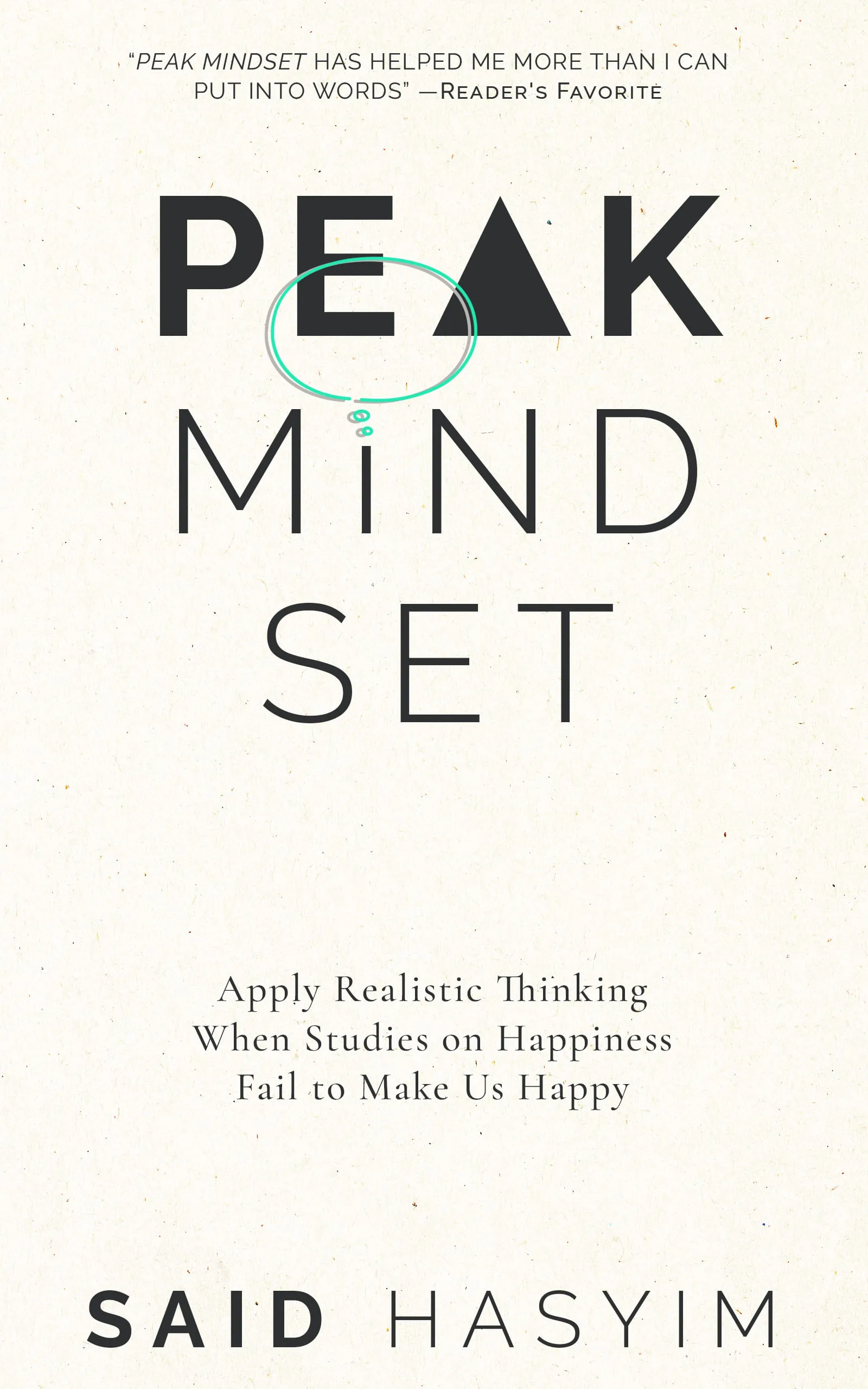Transform Your Mindset: Realism as a Tool
In a world that seems overwhelmingly dominated by ideals, fantasies, and unattainable dreams, it can be refreshing and liberating to adopt a more realistic mindset. Realism, often misunderstood as cynicism or negativity, can be a powerful tool for personal transformation. By embracing realism, we can navigate life with clarity, make better decisions, and cultivate a more profound sense of fulfillment. In this blog post, we will explore what realism is, how it can transform our mindset, and provide actionable strategies for incorporating realistic thinking into our lives.
What is Realism?
At its core, realism is an approach to life that focuses on understanding and accepting the world as it is, rather than how we wish it to be. It involves grounding ourselves in truth and focusing on what is achievable rather than getting lost in ideals that may never materialize. Realism encourages us to examine our beliefs critically, challenge societal norms, and reflect on our circumstances with honesty.
The Difference Between Realism and Cynicism
One of the most significant misconceptions about realism is that it equates to cynicism. While cynicism often leads to a defeatist attitude and a belief that nothing good can come from our efforts, realism acknowledges challenges without succumbing to despair. Realism encourages us to address problems head-on and see them as opportunities for growth. It is about finding balance; we can remain optimistic while also being grounded in our understanding of reality.
The Benefits of Adopting a Realistic Mindset
1. Enhanced Decision-Making
A realistic mindset fosters clarity, which is essential for making sound decisions. When we recognize the limitations and potentials of our options, we can weigh the pros and cons more effectively. This clarity helps us avoid impulsive choices driven by emotion, leading to more deliberate and thoughtful decisions.
2. Improved Resilience
Life is filled with ups and downs, and realism equips us with the mental tools to face adversity. By accepting that setbacks are a natural part of life, we can approach challenges with a constructive attitude. This resilience allows us to learn from failures, adapt, and ultimately overcome obstacles.
3. Better Relationships
Being realistic strengthens our relationships by encouraging open and honest communication. Instead of harboring unrealistic expectations or assumptions about others, we learn to appreciate them for who they truly are. This fosters a spirit of acceptance and understanding, leading to deeper connections.
4. Increased Motivation and Productivity
When we set realistic goals, they become more attainable. By breaking down larger aspirations into manageable steps, we stay motivated and focused. This shift in perspective allows us to celebrate small successes along the way, further fueling our desire to achieve our ultimate objectives.
5. Stronger Self-Awareness
Realism challenges us to examine our beliefs, desires, and motivations critically. This self-reflection leads to greater self-awareness and an understanding of our true values. By recognizing the discrepancy between our perceptions and reality, we can align our actions more closely with our authentic selves.
How to Incorporate Realism into Your Mindset
Transforming your mindset doesn’t happen overnight; it’s a gradual process that involves intention and practice. Here are some actionable strategies to help you embrace realism:
1. Practice Mindful Awareness
Mindfulness encourages us to observe our thoughts without judgment. By cultivating mindfulness, we can become more aware of unrealistic beliefs or thought patterns that may be holding us back. Regular meditation, journaling, or simply taking quiet moments throughout the day can help enhance this practice.
2. Set SMART Goals
Incorporate the SMART framework (Specific, Measurable, Achievable, Relevant, Time-bound) when setting your goals. This framework removes ambiguity and helps you create a clear path toward what you want to achieve. By setting realistic goals, you'll find it easier to stay committed and motivated.
3. Challenge Your Assumptions
Take time to identify your assumptions about life, yourself, and others. Ask yourself whether they are grounded in reality. Engage in discussions with others to gain different perspectives, and be open to revising your beliefs based on new information.
4. Embrace Failure as a Learning Opportunity
Reframe your perspective on failure. Rather than seeing it as a negative outcome, view it as an essential part of the learning process. Each failure brings valuable lessons that can inform future decisions and contribute to personal growth.
5. Seek Constructive Feedback
Surround yourself with people who provide honest, constructive feedback. Their insights can offer valuable perspectives and help you see where your views may be idealistic or unrealistic. Embrace feedback as a way to foster growth and improvement.
6. Limit Exposure to Unrealistic Content
In today’s digital age, we are bombarded with idealized images and narratives in media and social platforms. Be discerning about your content consumption. Seek out resources that offer realistic depictions of life, success, and happiness, and be mindful of how they impact your mindset.
Conclusion
Transforming your mindset is an ongoing journey, and realism provides a robust framework for that transformation. By grounding ourselves in truth and facing life’s challenges with clarity, we can develop a more resilient, self-aware, and fulfilled existence. Embrace realism as a tool—not a limitation—and watch as your perspective shifts, leading to a profound sense of understanding and empowerment. The world may not always align with our dreams, but with realism as our compass, we can navigate it with purpose and resolve.
Leverage Your Mindset for a Fulfilling Life
Explore Peak Mindset, a book to leveraging your subconscious for a more fulfilling life. Gain insights into realistic thinking, money management, and stress resilience to make informed decisions. Discover pitfalls in conventional happiness advice and practical strategies for self-transformation. Unlock your potential and enhance your overall satisfaction.
